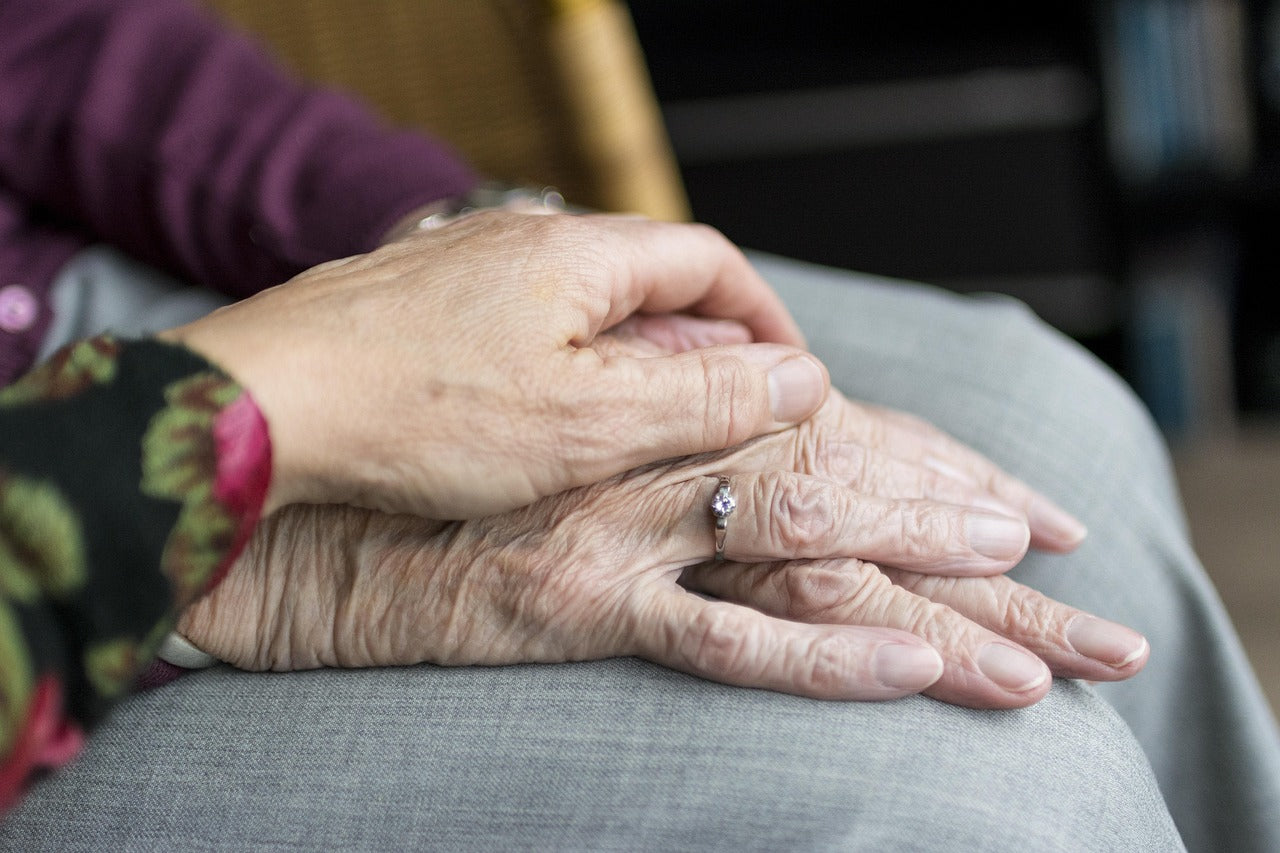
Choosing the Right Alarm for Loved Ones with Dementia
When caring for a loved one with dementia, safety and reassurance become top priorities. A personal SOS alarm can be a vital part of that support, but not all alarms are equally suited to those living with memory loss. Choosing the right one can make a significant difference in day-to-day comfort and security.
Why an Alarm Can Help
Dementia can bring confusion, disorientation and moments of panic—both for the person affected and for those who care for them. A personal alarm offers a direct line to help, whether it's during a fall, when feeling lost, or in any moment of distress. It reassures the wearer that they are not alone and helps families stay connected and informed.
What to Look For
When selecting an alarm for someone with dementia, consider features that promote ease of use and clarity:
-
Simple operation: One-touch buttons, large icons and no need to remember numbers or complicated instructions.
-
Two-way communication: So your loved one can hear a friendly voice and respond if needed.
-
GPS tracking: Essential if there's a risk of wandering. It allows caregivers or response teams to locate the user quickly.
-
Fall detection: Automatically sends an alert without the need to press anything.
-
Water resistance: For use in bathrooms, where many falls occur.
Comfort Matters Too
Choose a device that is lightweight, comfortable to wear, and can be worn as a pendant or wristband. The more natural it feels, the more likely it is your loved one will wear it consistently.
Support Beyond the Device
24/7 monitoring can offer an extra layer of protection, giving families peace of mind knowing someone is always ready to help. Some services can also alert family members when the alarm is activated, keeping everyone informed.
Final Thoughts
Choosing the right alarm for someone with dementia is about balancing safety, simplicity and comfort. With the right features and support in place, it’s possible to help your loved one maintain a sense of independence while staying connected to the care they need.



Leave a comment
This site is protected by hCaptcha and the hCaptcha Privacy Policy and Terms of Service apply.